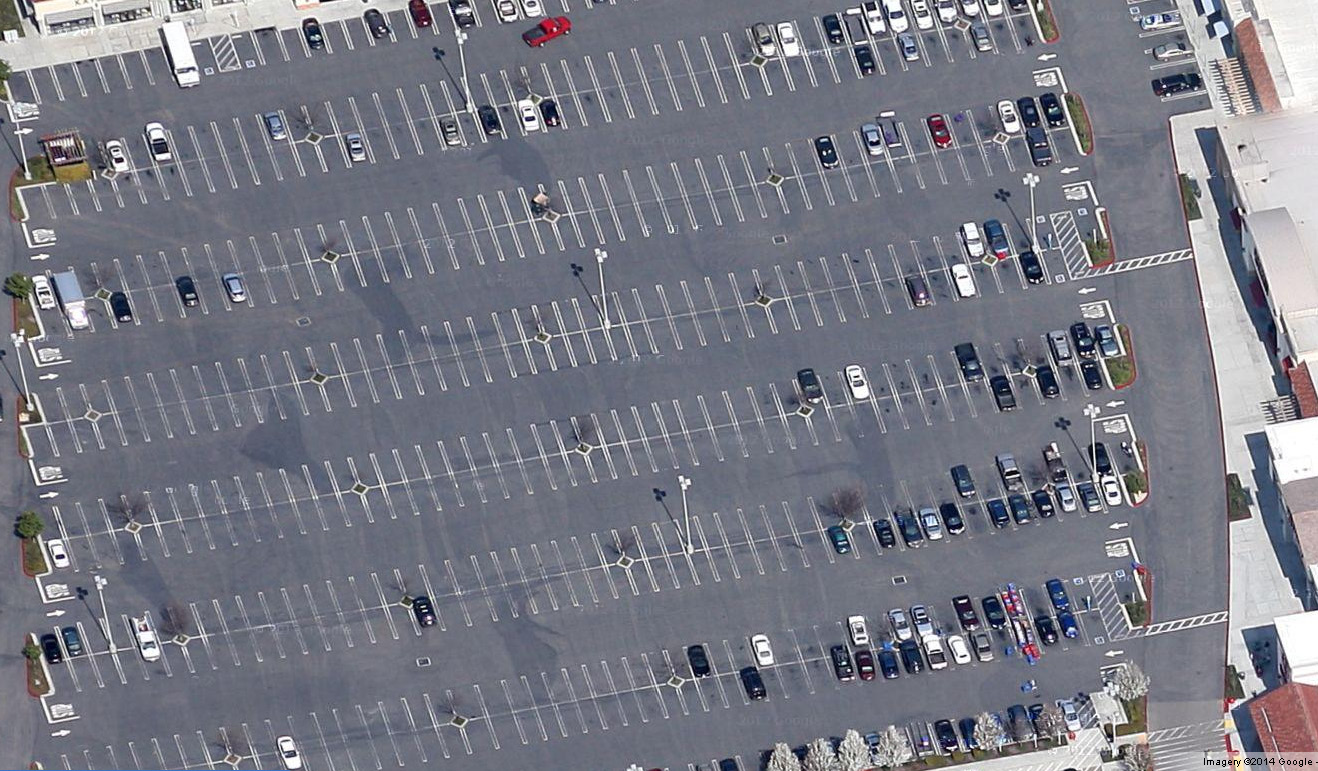on street parking in queens
I was in Southwestern Michigan recently where I encountered an odd idea about parking on the street. In many of the residential neighborhoods you cannot park overnight on the public street. I asked if this was to facilitate snow removal during Winter months. I was told that the ordinance is in effect all year. Maybe there was a freak blizzard in July in years long past and that event lead folks to want to err on the side of caution.
Parking is a volatile subject. Anyone who has ever be frustrated trying to find a place to park is an expert on the subject without applying any effort or legitimate mental rigor to the topic. Proposals to change parking rules can whip up the kind of hysteria that makes you question the mental capacity of folks you used to hold in some regard.
What does this mean for a small developer looking to get relief from the municipality's minimum parking requirements? Don't assume that common sense will prevail. Parking can be such a hot button issue that it clouds the minds of otherwise reasonable people. If you want to challenge or change the local parking rules, you really should not expect grownup behavior from your neighbors, city staff, or elected officials. Don't base your project on an assumption that you will get any reduction in parking, particularly if that relief will require a public hearing. You may be able to get some relief, but don't count on it to make your project pencil.
Many municipalities are getting rid of minimum off-street parking requirements, recognizing that cities have done a lousy job of guessing how much parking is going to be needed for any given use. Other cities have figured out what a nifty tool charging the right price for parking is for managing the supply of public parking in desirable areas. These islands of common sense are still too rare. Professor Donald Shoup has done excellent work debunking common parking myths. I recommend reading his book The High Cost of Free Parking (now in paperback) to anyone serious about understanding how to manage parking issues.
If you are not ready to read a 700 page book about parking, I recommend this short paper by Prof. Shoup as an illustration of how warped and hysterical everyday thinking about parking has become: Roughly Right or Precisely Wrong Parking Bloat is needless and wasteful. It is born of myth and sloppy thinking. Providing alternatives will require clear thinking and well-informed local leadership, (so it is going to take a while)...


 There is a relationship between how woefully uninformed people are about parking and how epically they lose their shit over parking problems. I am really tired of explaining the basics of modern parking management to people who seem incapable of using the Internet. Here are the highpoints from Donald Shoup's fine book
There is a relationship between how woefully uninformed people are about parking and how epically they lose their shit over parking problems. I am really tired of explaining the basics of modern parking management to people who seem incapable of using the Internet. Here are the highpoints from Donald Shoup's fine book 